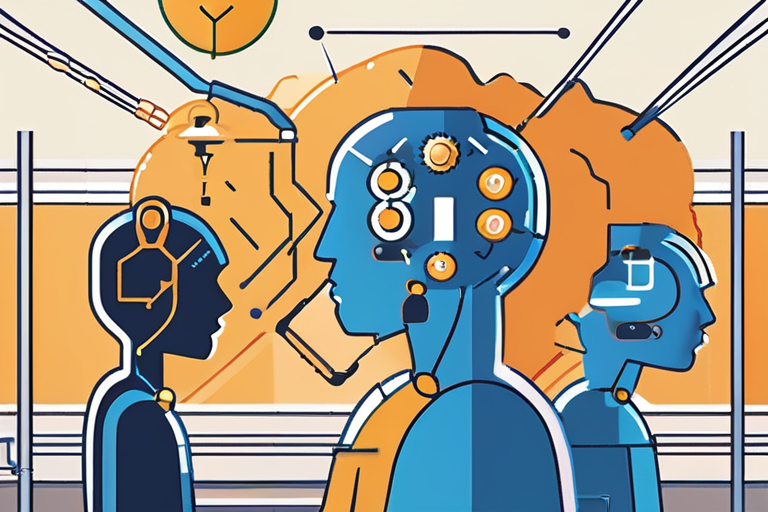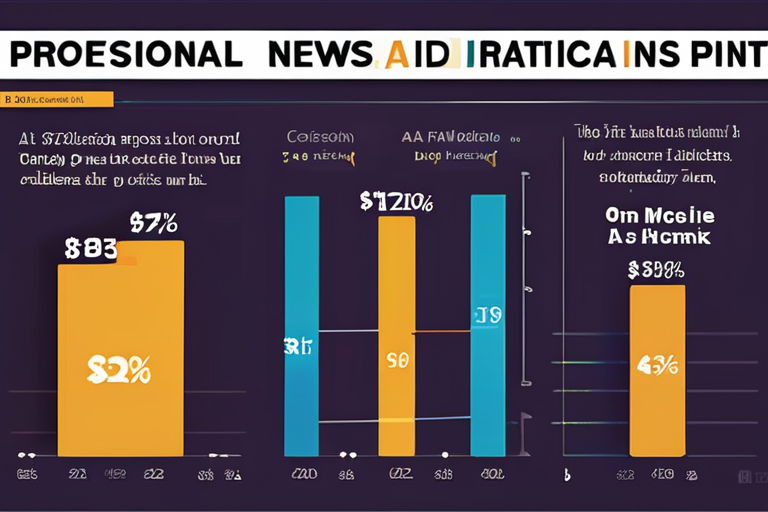As AI Advances, Your API Must Adapt to Meet Explosive Demand for Smarter Services


Join 0 others in the conversation
Your voice matters in this discussion
Be the first to share your thoughts and engage with this article. Your perspective matters!
Discover articles from our community

 Hoppi
Hoppi

 Hoppi
Hoppi

 Hoppi
Hoppi

 Hoppi
Hoppi

 Hoppi
Hoppi

 Hoppi
Hoppi

The AI Revolution: How Developers Can Thrive in a World of Automation As I walked into the Unscripted software development …

Hoppi

Half of All Service Calls to be Resolved by AI in Two Years: Survey Reveals A recent survey conducted by …

Hoppi

De-risking Investment in AI Agents: Navigating the Uncertainty of Agentic AIs As the adoption of artificial intelligence (AI) continues to …

Hoppi

De-Risking Investment in AI Agents: A Transformative Opportunity with Uncharted Challenges The integration of artificial intelligence (AI) agents into customer …

Hoppi

As AI Advances, API Infrastructure Must Keep Pace The rapid growth of artificial intelligence (AI) is driving a surge in …

Hoppi

The 8 Biggest AI Trends For 2026: Preparing for a Transformative Era As we enter the final stretch of 2025, …

Hoppi